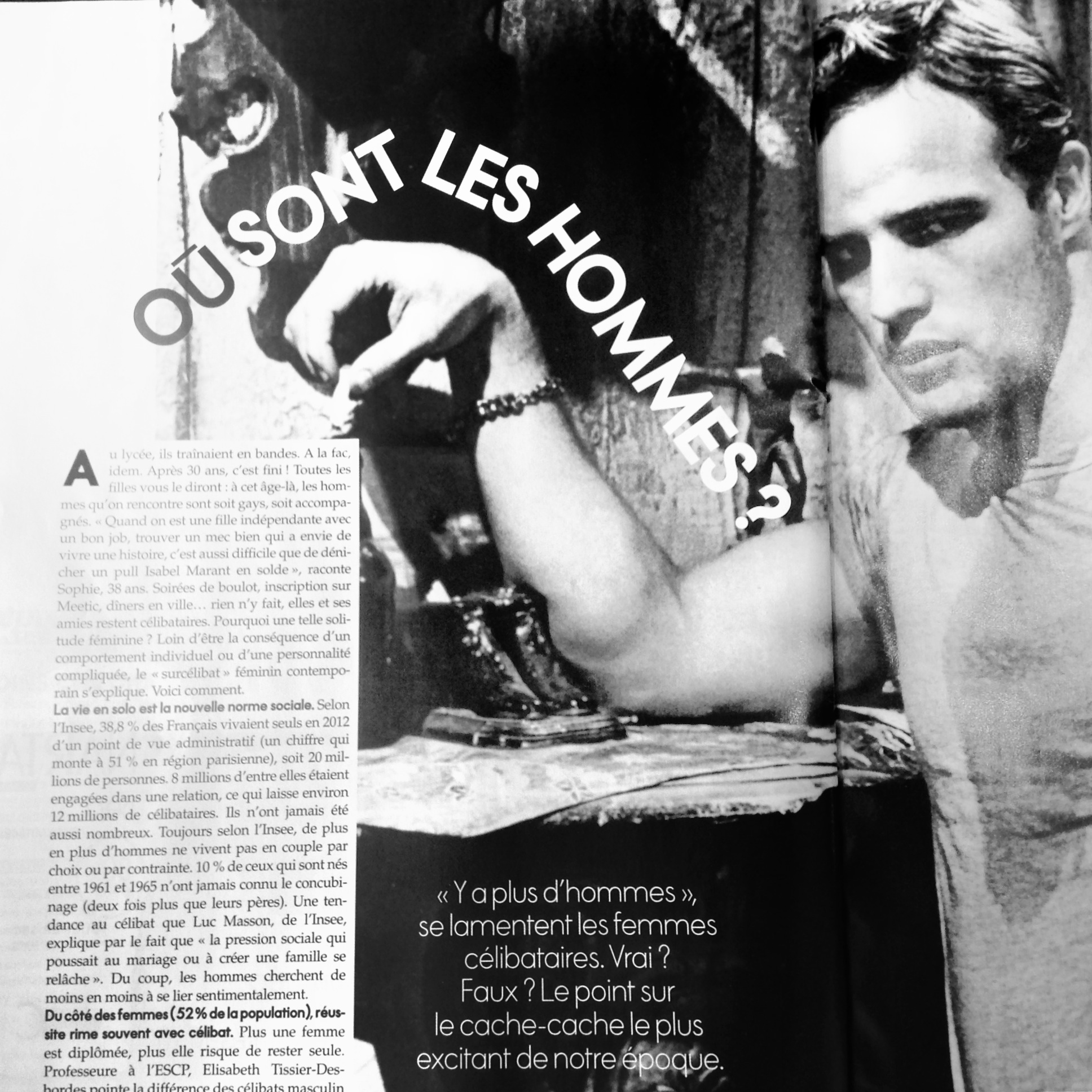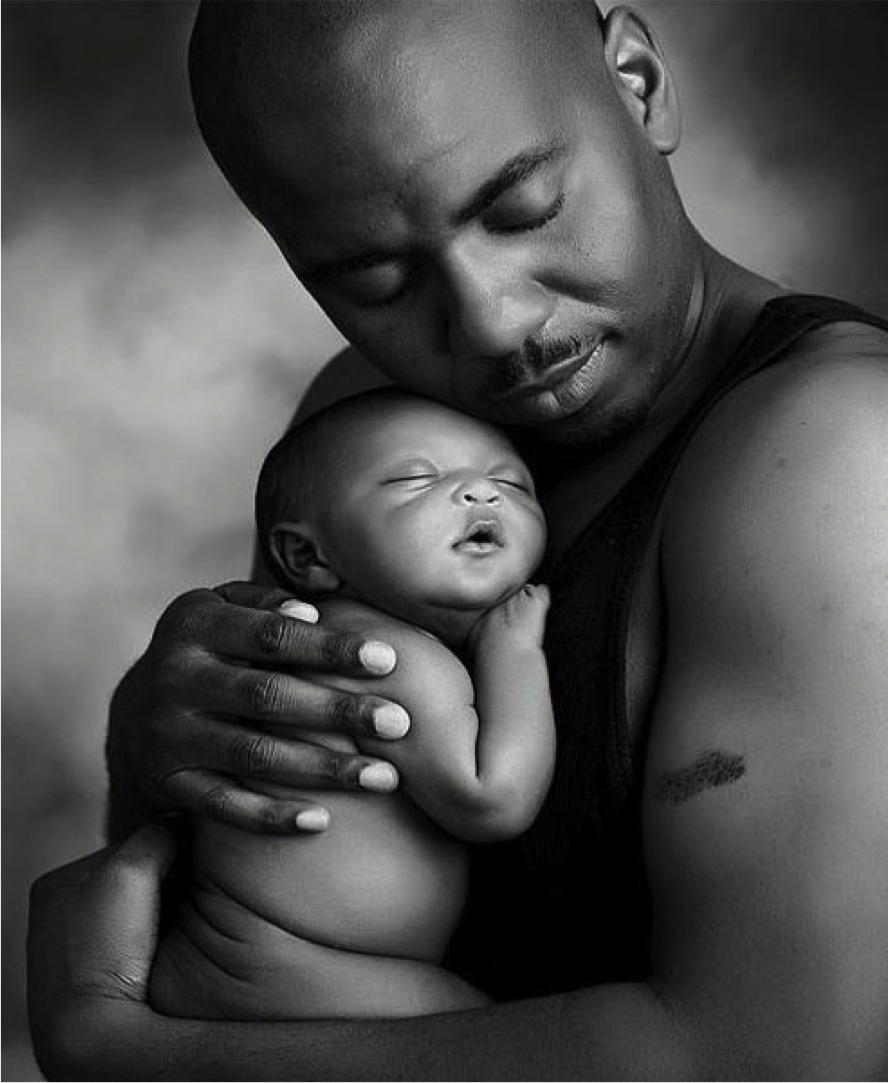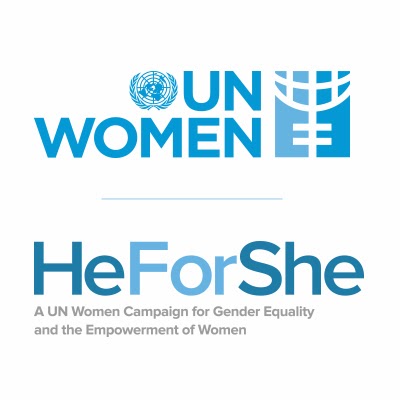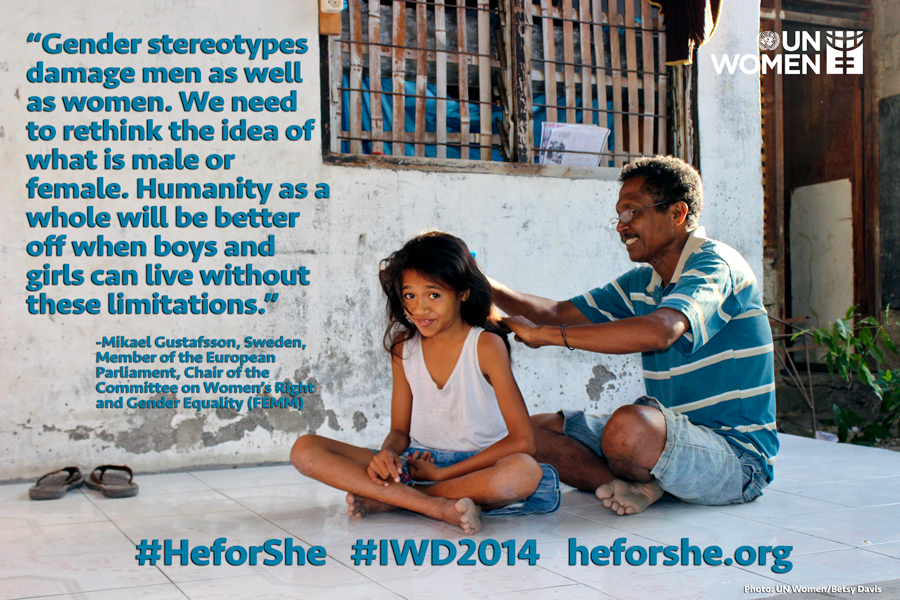Get men involved in gender equity!
Most of the time, when we talk about gender equity, women seem to be the only ones concerned.
Just have a look at the audience of TEDWomen or listen to the last talk of June Cohen, TED’s editor.
It seems that once you put women in the title, once you want to tackle topics related to gender, men disappear from the audience, they don’t feel involved, or even worse, they feel rejected.

#Wherearethemen. How can we get them involved so that they consider that their mothers’ rights, their sisters’ security, their daughters’ futures are their own fight? How can we make them feel that THEIR OWN future is at stake?
Because how will we ever create a truly fairer society if half of the population is not included in the conversation?

But, as Sheryl Sandberg says in her book Lean In:
“Our revolution has stalled. A truly equal world would be one where women run half our countries and companies and men ran half our homes.”
And women will not achieve this balance on their own.
That is where campaigns like MenEngage make the difference.
Gary Barker from Instituto Promundo, explains how promoting the concept of men as caregivers has a real impact in the communities he works with. From Brazil to the US, he saw how men were healthier, safer and happier when they actually took care of their family and environment.
As we tend to re-enact the behaviors of our role models and elders, education is vital. And men tend to be convinced by their peers. Will Muir from ECF India explains how his organization transmits equality as a value to young boys in India. He helps them view girls and women with a different lens through mentoring and peer influence.
Tim Shand from Sonke Gender Justice deals with women’s

sexual rights in South Africa, and while challenging cultural taboos about sex, he wants the world to see women’s sexual rights are actually human rights.
Closer to us, The Good Men Project is a diverse community of 21st century thought leaders actively participating in a conversation about the way men’s roles are changing in modern life—and the way those changes affect everyone. For good.
At the end of the day, gender equity benefits all of us.
Men are also suffering from the preconceived notions and assigned roles. Be strong. Be the leader. Never fail or cry. Be an effective professional. Don’t refuse a promotion for family constraints. Be there at the meeting at 8pm because the boss said so. Make money. Be a man.
But this traditional vision of masculinity is painful and taking away men’s right to display emotions and sensitivity that we all experience as humans. Men are not only bread-winners. Most men would
 be relieved by the acknowledgment of their right to be caregivers in their families as well.
be relieved by the acknowledgment of their right to be caregivers in their families as well.
In France, the association Mercredi-c-Papa set up by executives of the best business schools is creating men’s circles in companies, Happy Men in charge of promoting gender equity.
The current initiative in Spain #quieroconciliar advocates for co-responsibility and equity of opportunities between men and women.
Emmanuelle Duez from Women up explains how this reflexion is actually more global and the needs of the generation Y are different from the past. Both men and women want to be able to share roles but the traditional political or legal frame is still considering the woman as the main care provider of the family. This impacts not only women’s careers, but also deprives men of the possibility to enjoy quality time with their families, when companies would benefit from satisfied employees.
So how do we get there?
We need to change the communication strategy!
The traditional approach of making men feel guilty has proven counterproductive. When we use aggressive strategies, people retract and get defensive. That is why feminist movements, which have contributed to so much progress, are often viewed negatively.

We need to bring HUMOR back in the conversation! Give people a laugh, and then make them ask questions. Surprise them. Make them smile.
As Sindre Olav explained with his great video “Africa for Norway,” humor is a powerful tool to communicate and engage the audience. The shock strategy that uses images of female victims of gender violence may have a short-term impact, but in the long run, people become desensitized and are not moved to action. New disruptive tools have to be used to shake up the traditional vision and question the stereotypes. Like this campaign in India where men were wearing skirts. Or this flashmob of men walking with high-heeled shoes. These images create lasting memories and make us rethink.
And the conversation needs to be spread globally. Like the recent communication campaign from UN Women #HeforShe, engaging the highest levels: the opinion leaders, the politicians, the bloggers, the CEOs, the head-hunters—the ones whose influence can actually trickle down the whole society.
At the end of the day, We should all be feminists.
Where we all come back to the real, untainted definition of it: a society where men and women have equal rights, as the inspiring Nigerian author Chimamanda Ngozie Adichie says in her great talk.
So, what are we waiting for?
Yes, there is still a lot of fear to fight. Fear to lose power. Fear to get lost without clear role references. Fear of what others will say.
But a paradigm change is necessary. Now. For women. For men. For a healthy and happy future generation.
Uncategorized

